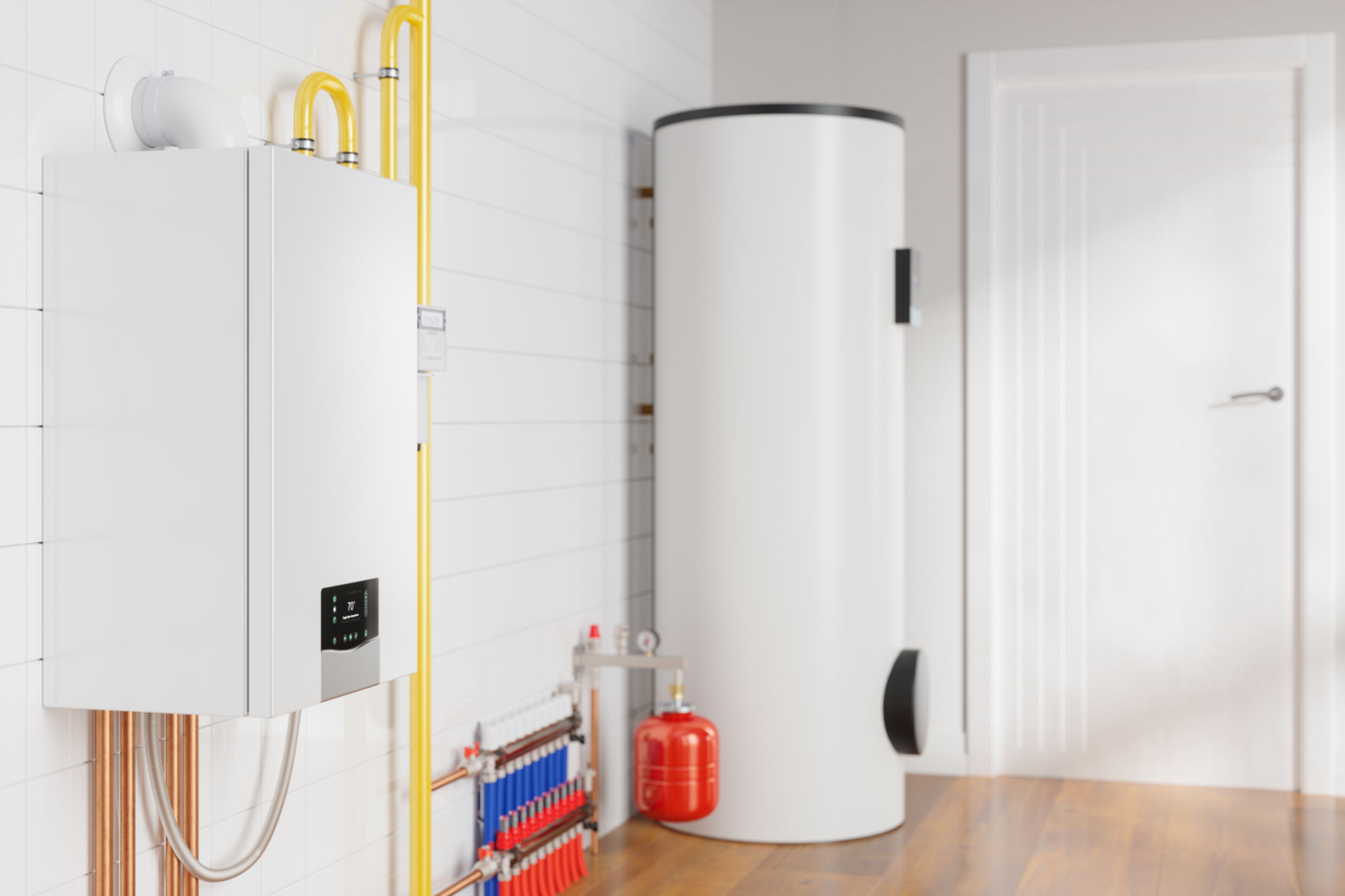Comparing Hot Water Systems: Tankless vs. Storage Options
KS
Understanding Hot Water Systems
When it comes to choosing a hot water system for your home, the decision often boils down to two main types: tankless and storage options. Both systems have their own advantages and disadvantages, making the choice dependent on your specific needs and circumstances. In this blog post, we'll explore these two popular options in depth to help you make an informed decision.

Tankless Hot Water Systems
Tankless hot water systems, also known as on-demand or instantaneous water heaters, provide hot water only when needed. Unlike traditional storage options, they do not store hot water but heat it as it passes through the unit. This can lead to significant energy savings, as energy is not wasted maintaining a reservoir of hot water.
One of the primary benefits of tankless systems is their energy efficiency. They can be 24%–34% more energy-efficient than conventional storage tank water heaters for homes that use 41 gallons or less of hot water daily. Moreover, tankless units typically have a longer lifespan, lasting about 20 years compared to 10-15 years for storage tanks.
Storage Hot Water Systems
Storage water heaters are the traditional choice for many households. These systems maintain a reservoir of hot water that is readily available for use. While they may not be as energy-efficient as their tankless counterparts, they offer the advantage of providing a consistent supply of hot water, even when demand is high.

Storage systems are generally easier to install and can be more affordable upfront. Their simplicity makes them a reliable choice for homeowners who value consistency and want a system that requires minimal maintenance over its lifespan. However, the downside is their size and continuous energy use to keep the water hot.
Factors to Consider
When deciding between tankless and storage systems, consider factors such as household size, hot water usage patterns, and budget. For instance:
- Household Size: Larger families may benefit from the constant supply offered by storage systems, while smaller households might find tankless systems more cost-effective.
- Usage Patterns: If your household has high peak hot water demands, a storage system might be preferable.
- Budget: While tankless systems can save money in the long term through energy efficiency, they often have higher upfront costs.

Environmental Impact
The environmental footprint of your hot water system is another crucial consideration. Tankless systems have a lower environmental impact due to their energy efficiency and longer lifespan. However, both systems can be made more eco-friendly by choosing models with high efficiency ratings and by supplementing them with solar water heating systems.
Ultimately, the choice between tankless and storage hot water systems depends on various factors specific to your home and lifestyle. By understanding the advantages and disadvantages of each option, you can select a system that best meets your needs while balancing efficiency, cost, and environmental impact.
